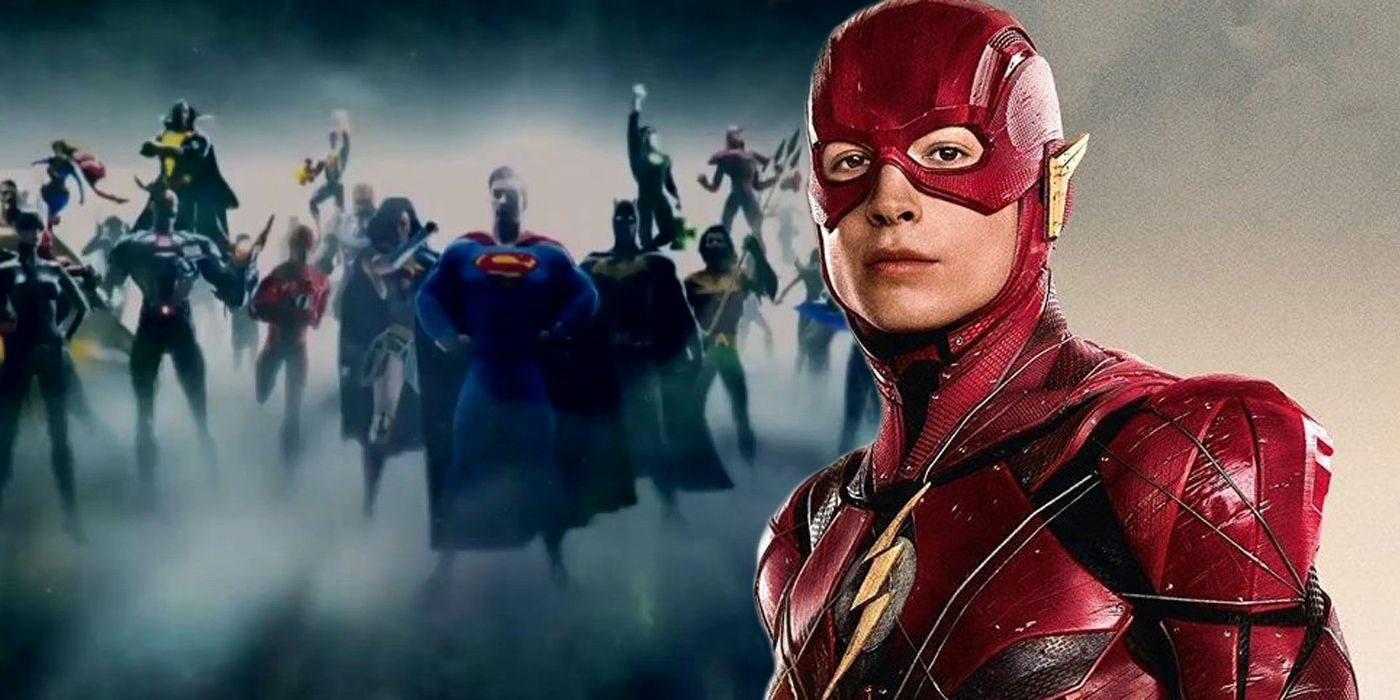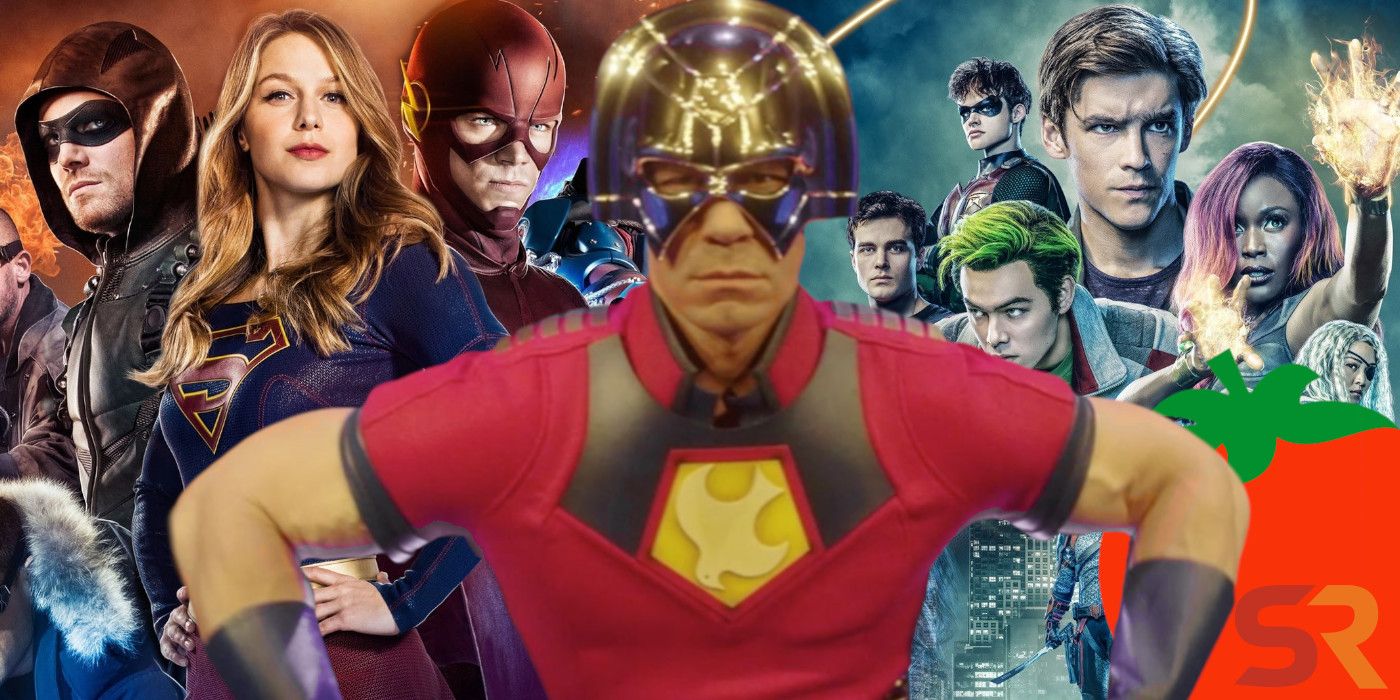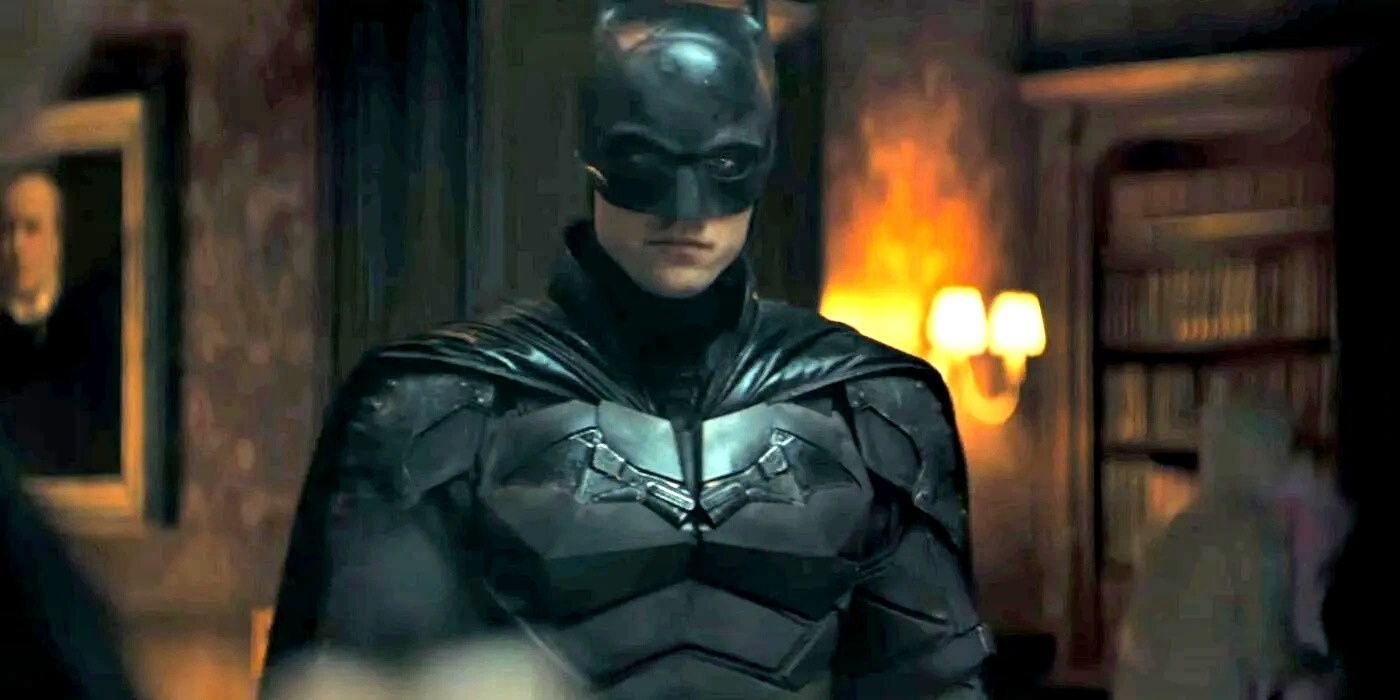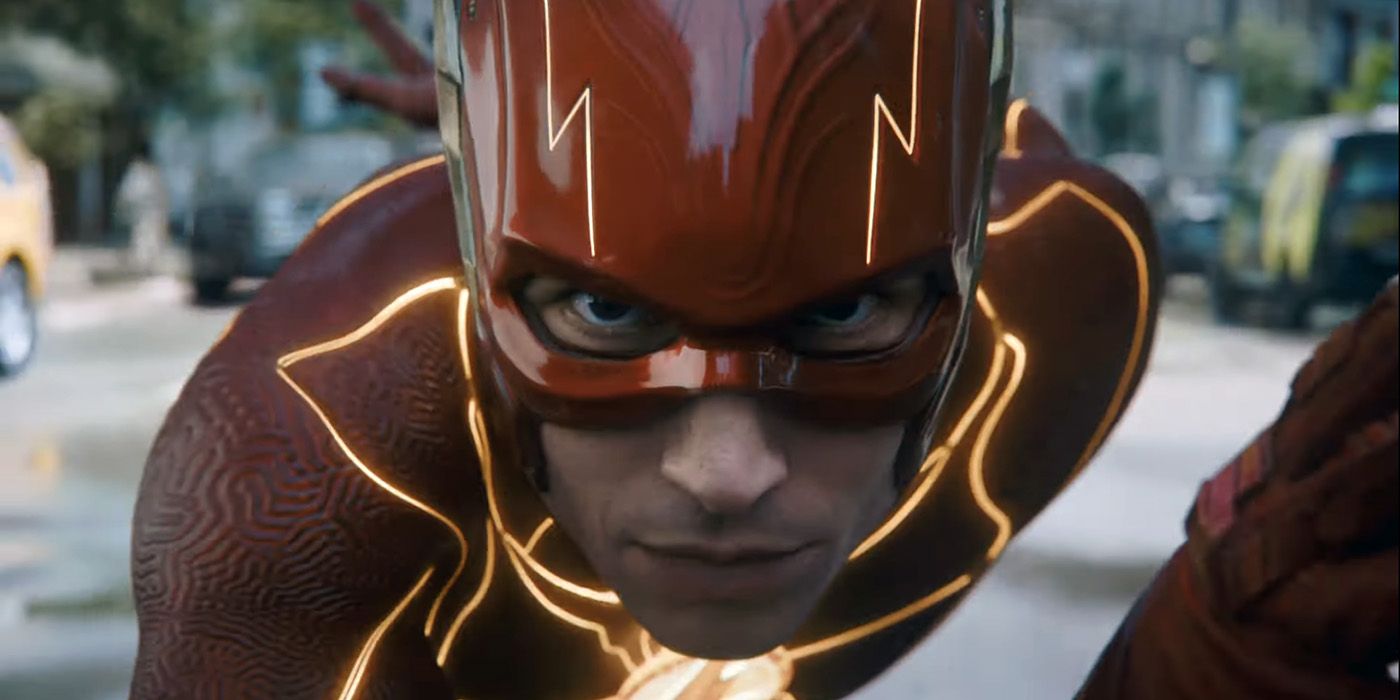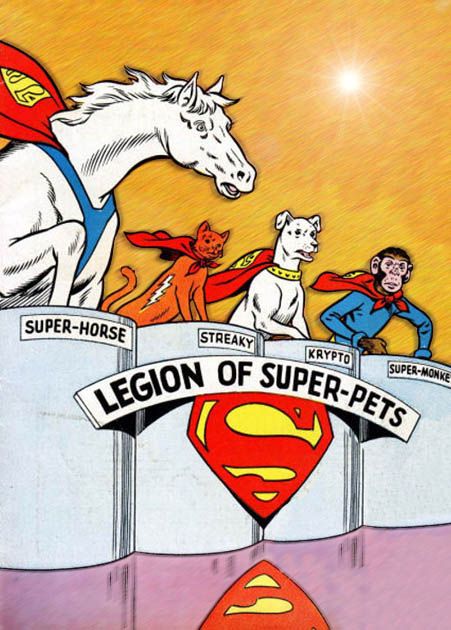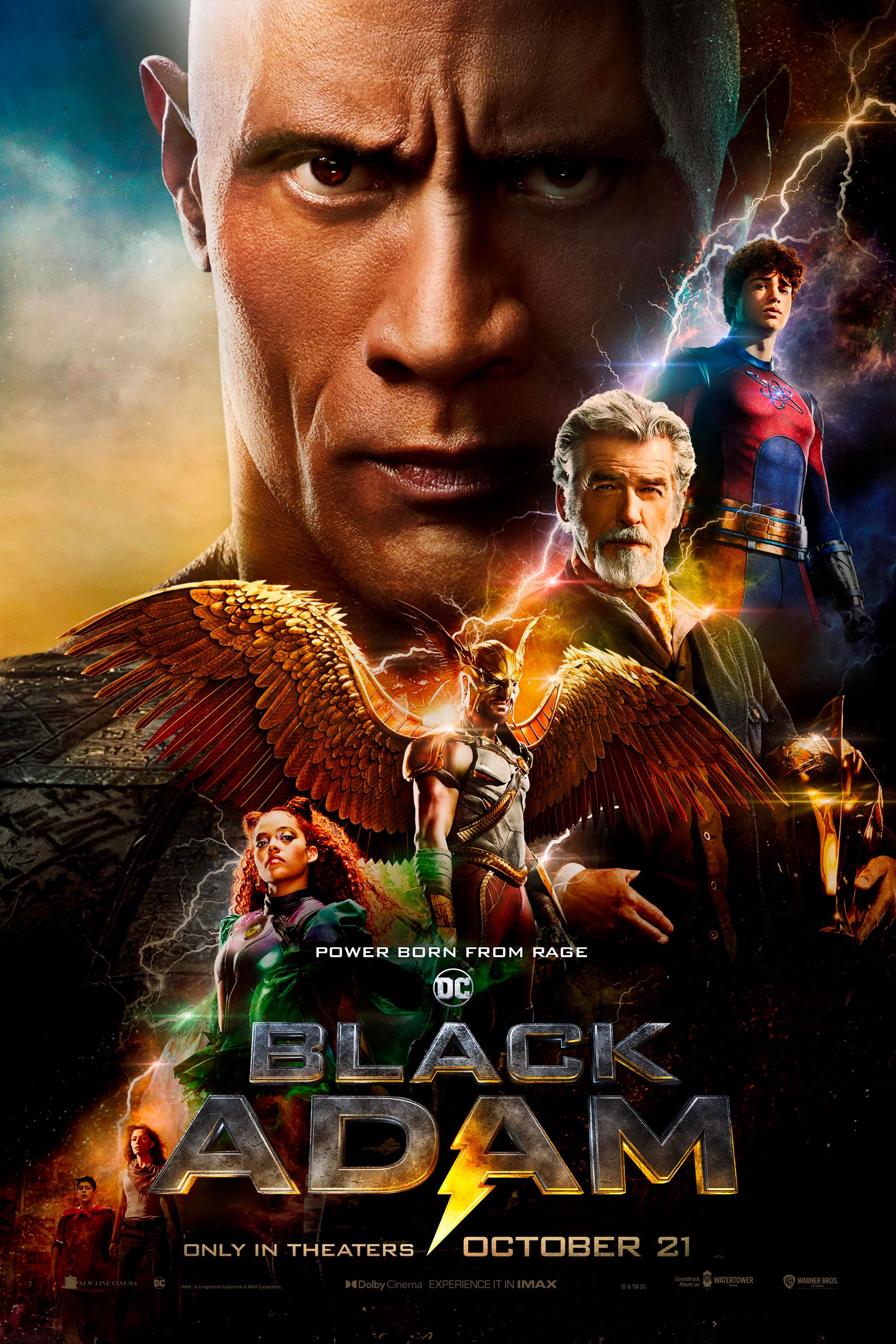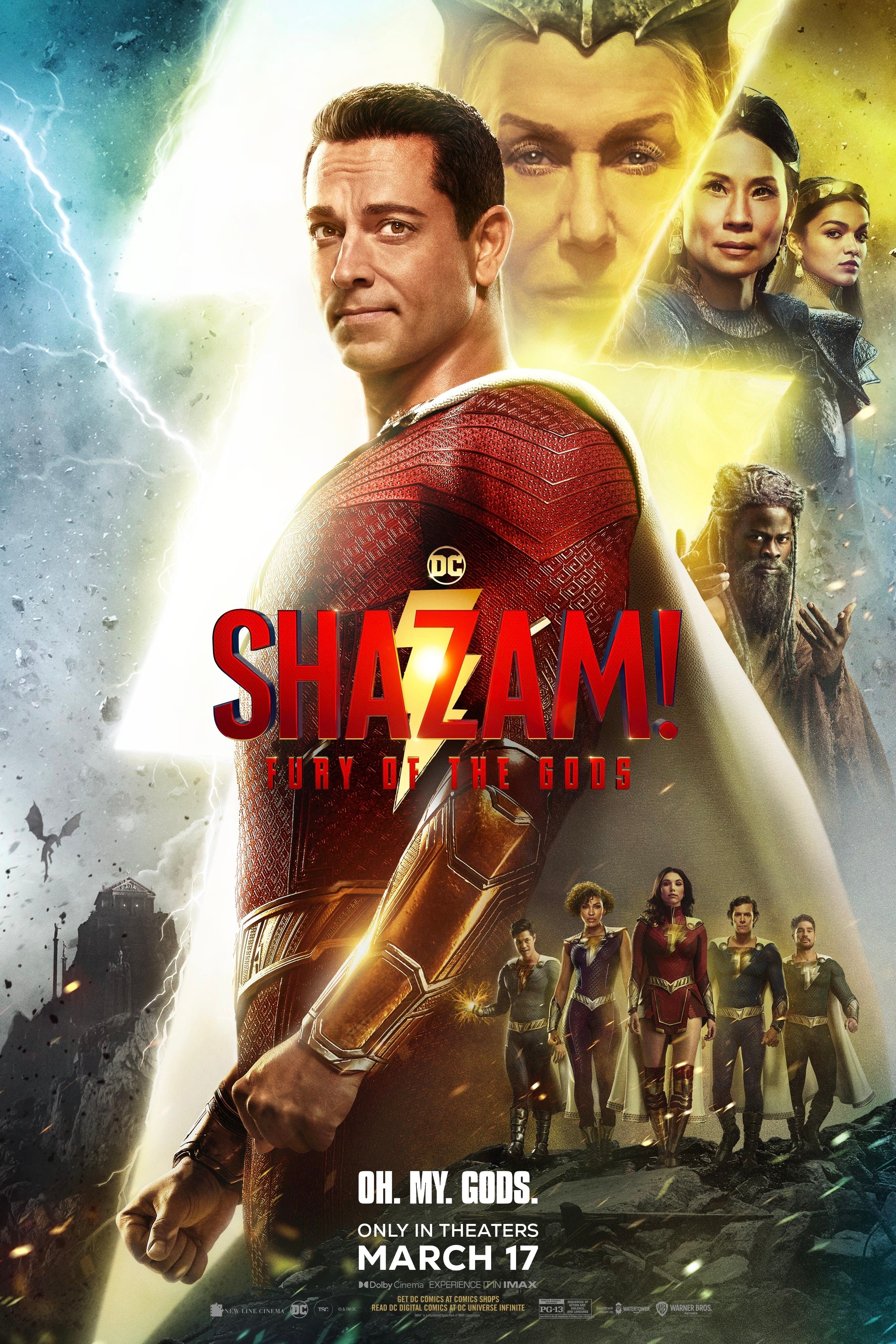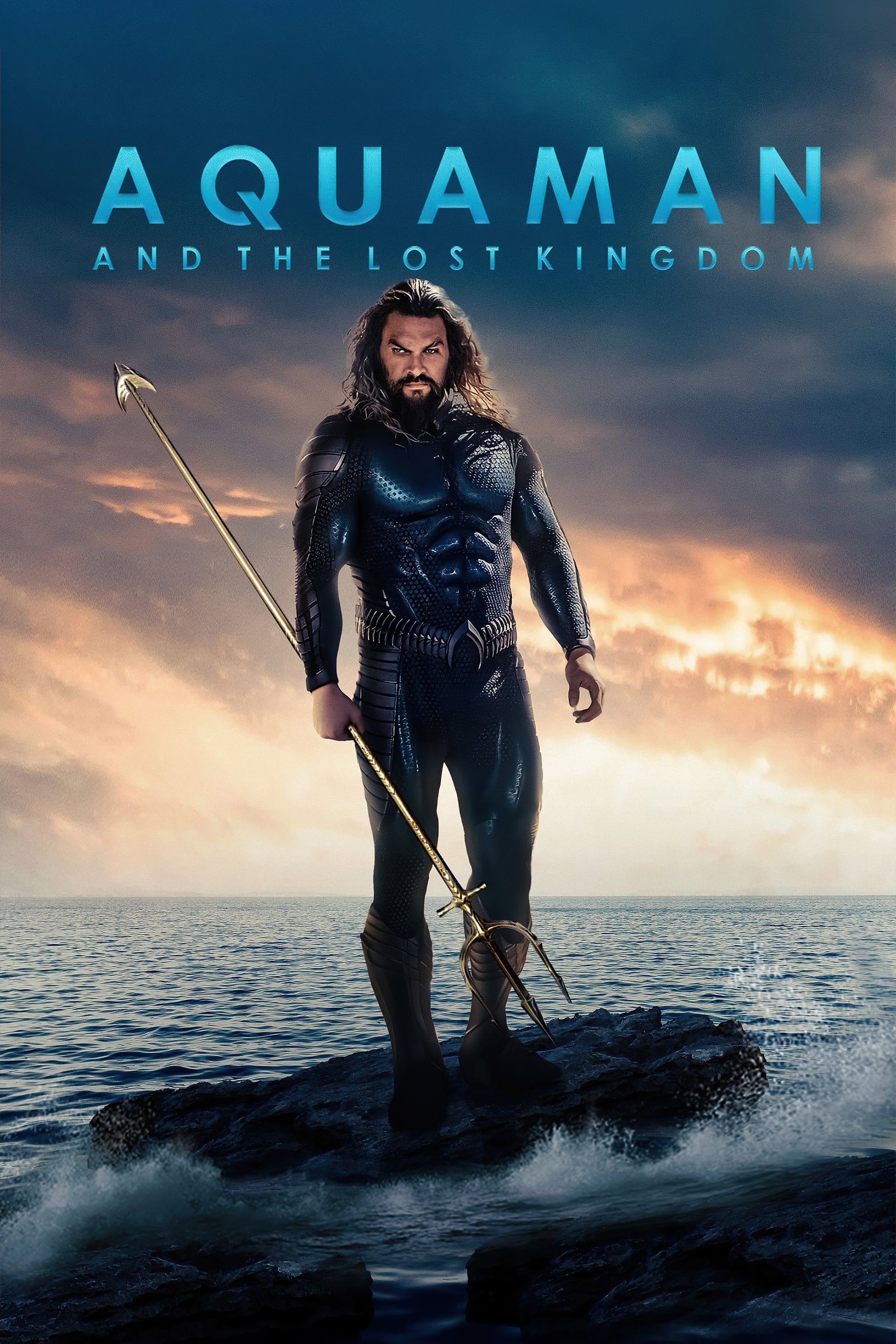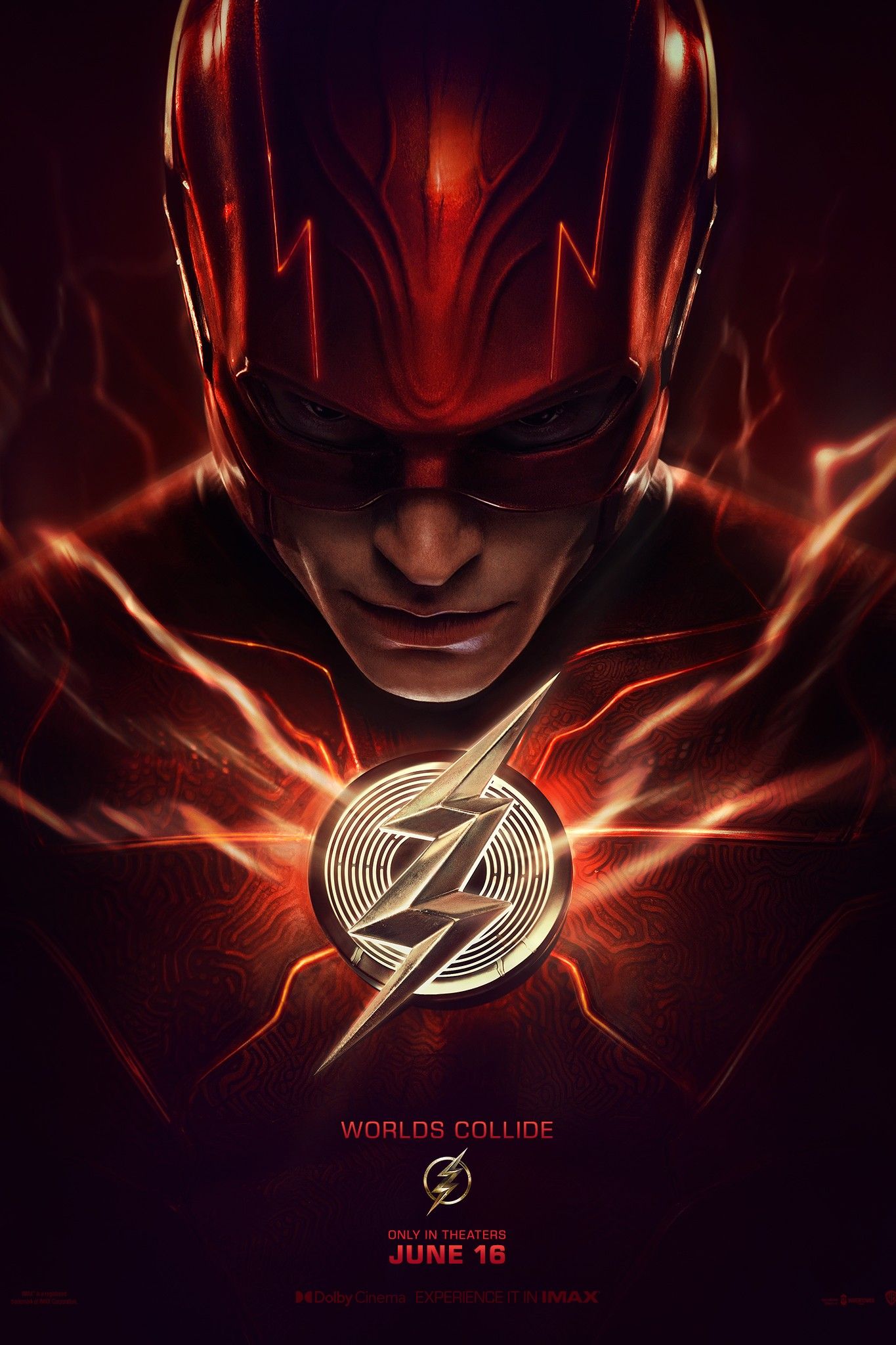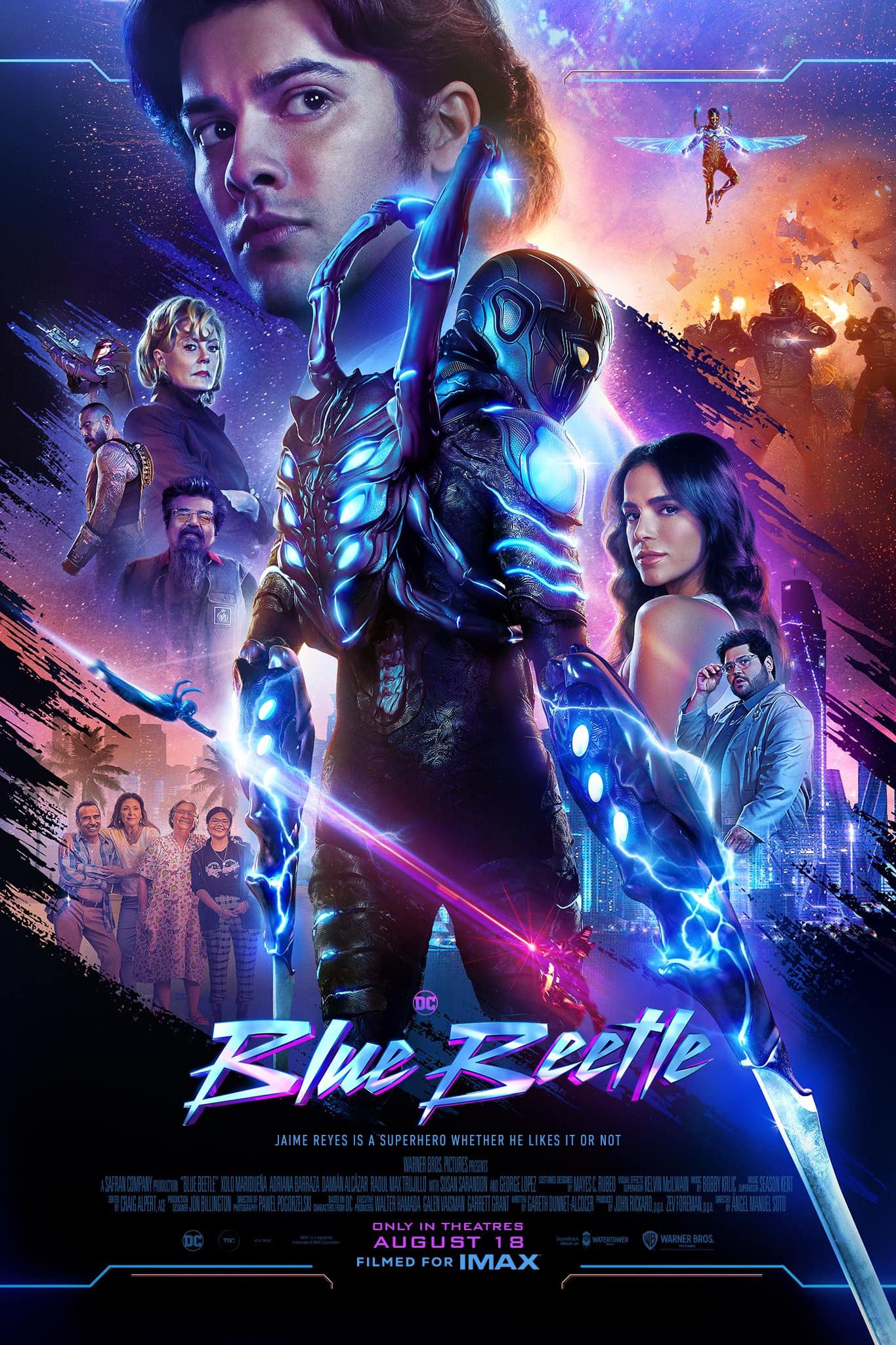Even with The Flash set to explore DC's Multiverse, it won't be enough to fix the biggest shared universe problems of the DCEU. Despite owning the rights to many of pop culture's most iconic heroes, Warner Bros. DCEU has failed to achieve the same success as its direct rival, Disney's MCU. Both franchises incorporate their respective heroes' stories into one larger shared universe, but Marvel's is generally accepted as the superior of the two, thanks to its cleverly written interwoven stories and varied tone of its many films and TV shows.
Unfortunately, the DCEU has made many mistakes and missteps and has had its share of problems in the years since its conception. Common criticisms include the needlessly bleak and gritty tone that persisted throughout many of its earlier, establishing films, and there have also been behind-the-scenes issues that have marred the resulting films. The DCEU is beginning to take steps to get back on track, but there's still a long way to go before DC's shared universe can ever hope to rival Marvel. This shared universe problem is predominantly an issue because of how well the DCEU's direct competitors are doing the same thing, which in turn leads to unfavorable comparisons. However, as The Flash will explore DC's Multiverse, this may seem at a glance to be a potential solution to the issue.
Unfortunately, there's very little The Flash's Multiverse can do to fix the DCEU's biggest shared universe problem, which actually has very little to do with Marvel. Instead, the DCEU's biggest problem is that its characters have already existed in other shared universes which have told better stories. Of course, with so many iconic characters, there's bound to be some overlap - not unlike the way that the MCU has incorporated previous unrelated Marvel movies and characters into their Multiverse. However, with DC, as certain characters, teams, and stories have already been better represented, simply using the Multiverse to borrow credibility isn't going to fix the DCEU's biggest problems.
The DCEU Has Been Done Much Better By DC TV Shows
The DCEU's issues are well documented, but there are actually a number of DC TV shows that have avoided falling into the same traps. Most notably, Peacemaker acted as a spin-off to James Gunn's celebrated The Suicide Squad, focusing on John Cena's eponymous character. Peacemaker quickly established itself as a mixture of a generally serious narrative offset by occasionally crass and shocking humor, making it one of the most entertaining and well-regarded DC shows to date. Though Peacemaker exists as part of the DCEU, its tone is a far cry from that established by most of the franchise's movies, and that creates a disparity that will need to be delicately worked around.
That issue is complicated by another high-profile DC shared universe: the Arrowverse. Though the Arrowverse's cancelations of Batwoman and Legends of Tomorrow are perhaps a sign that the franchise is on its last legs due to poor ratings, its shows are generally well-regarded, especially in relation to their shared universe and crossover potential. Though each of its shows generally stands alone, there have been occasions on which characters cross over or team up to face greater threats, in a way that generally was better received than the DCEU's attempts to do the same.
There are also other currently-running DC TV shows that have beaten the DCEU at its own game. Titans, for example, tells the story of a large superhero ensemble who work as part of a team, and it does so in a way that each hero feels unique and interesting both in and out of the titular team. Though Titans rejected an Arrowverse cameo and a place in a shared universe, it has brilliantly established the dynamic of its team of heroes in a way that the DCEU hasn't been able to do.
The Batman's Success Cannot Translate To The DCEU
Another recent DC success is that of The Batman. A grounded, noir thriller that follows Robert Pattinson's Dark Knight in his second year of vigilantism, Matt Reeves' film proved to be one of the most popular takes on the character to date. The Batman stands entirely separate from the DCEU and other DC TV shows or movies and is an independent story following a new iteration of the iconic hero.
However, DCEU's Multiverse creates a problem for The Batman in as much that the two simply aren't compatible. This issue goes both ways, as the success of The Batman can't be leveraged to improve the DCEU in any way. Ultimately, The Batman's grounded narrative and more realistic approach to its hero simply wouldn't gel with many other DC characters, meaning that Pattinson's version of Batman will have to remain independent of DC's biggest shared universe. Even the driving force behind The Batman's success can't be replicated in order to improve the DCEU, as it simply wouldn't apply to many of the franchise's stories and ideas: all realism flies out of the window at the first mention of superpowered aliens, literal gods, or magic powers.
The Flash's Multiverse Can't Fix The DCEU's Shared Universe Problem
Though Ezra Miller's Scarlet Speedster will explore the Multiverse in The Flash, it simply isn't a solution to the DCEU's problems. Unfortunately, The Flash's Multiverse will fail to resolve the DCEU's shared universe problems, as the template for success has been there all long. Even if the Flash was to connect with characters from the Arrowverse or Titans, all this would do is underline where the DCEU has been going wrong. Though the franchise ideally needs to borrow elements from other DC properties in order to replicate (or improve upon) their success, this isn't in and of itself a solution.
Even if the DCEU's inclination was to introduce elements of other successful DC properties, this doesn't remedy the missteps already taken by the franchise. The DCEU's inclination to do so is already evidenced by Michael Keaton's return as Batman, but this isn't a way of fixing its established mistakes. DC has had other shared universes which have been more faithful in their tone, and the DCEU has so far opted not to make use of any of that success to inform the creative decisions that affect the franchise. Suddenly doing so now by using a Multiverse narrative would seem cheap and unearned, but by opening the Multiverse, this becomes a theoretical likelihood regardless. Put simply, exploring the Multiverse opens the DCEU to more criticisms regarding its approach to its shared universe, and it also robs the franchise of an adequate defense for its own mistakes.

